Abortion and your rights
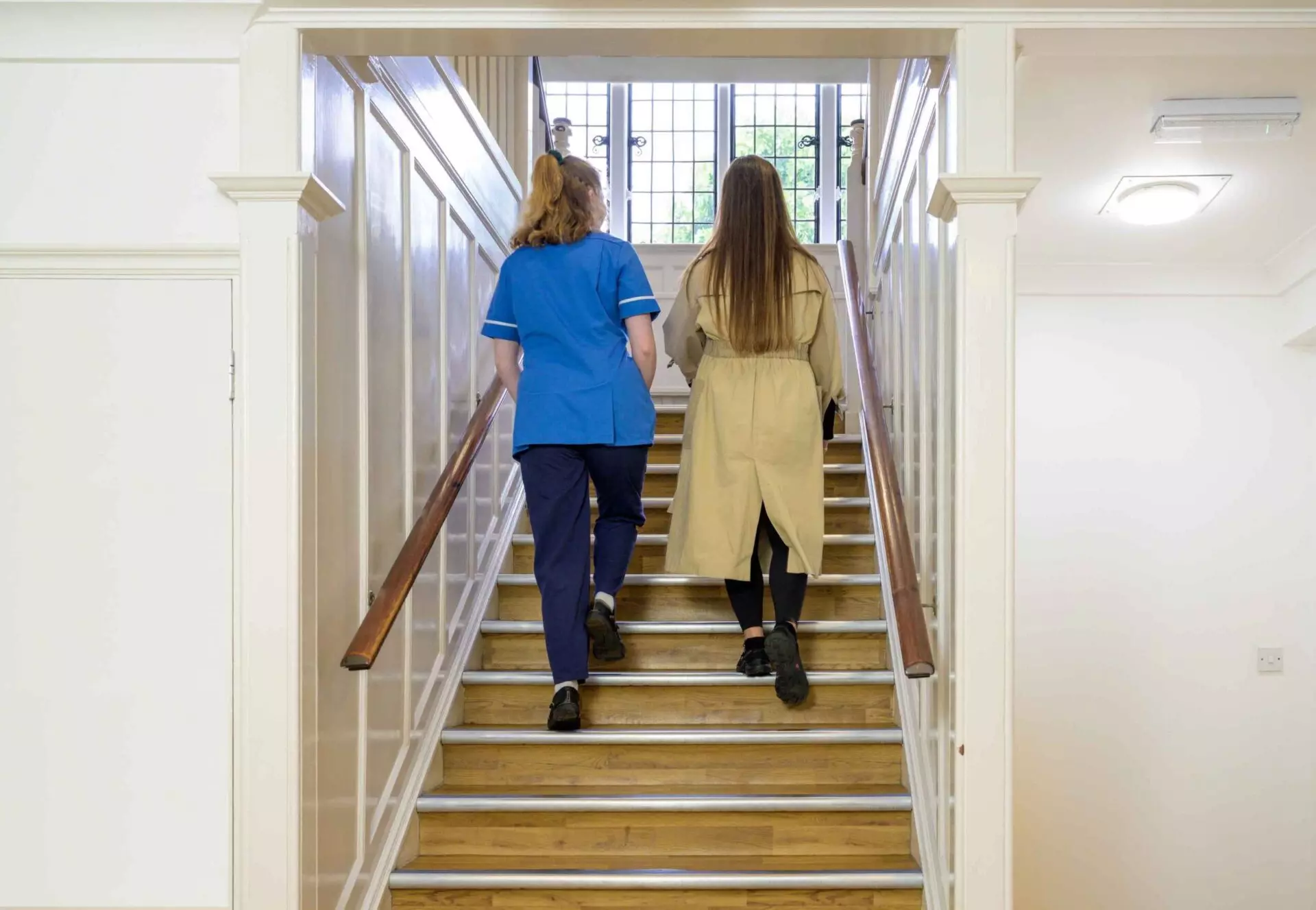
There are safe and legal options for ending a pregnancy
In England, Scotland, and Wales, you can legally have an abortion up to 23 weeks and 6 days of pregnancy, in line with the Abortion Act 1967.
If you live in Northern Ireland, or anywhere else where abortion care may be restricted, you can legally travel to receive treatment. We provide safe abortion treatment through our clinics across England.
Abortion law in the UK
In England, Scotland, and Wales, the Abortion Act 1967 made abortion legal as long as specific criteria are met. It is possible to have an abortion up to 23 weeks and 6 days of pregnancy (gestation). Abortion is available after the usual time limit if there’s evidence of severe foetal anomaly or a significant risk to your life if you continue with the pregnancy.
In Northern Ireland, abortion was decriminalised in 2019, and the new legal framework came into effect in 2020. Abortion is now unconditionally legal up to 12 weeks in Northern Ireland. After 12 weeks, the law is similar to the rest of the UK. For more information visit Informing Choices Northern Ireland.
If you come to us for an abortion, we are required by law to ask why you’re having one. Two doctors need to make sure the requirements of the Abortion Act are met and sign the relevant certificate. We will arrange this for you.

Abortion legal requirements
The Abortion Act 1967 made abortion legal as long as specific criteria are met. This is why during your assessment we have a legal duty to ask why you are considering an abortion.
In order to comply with the law, we’ll ask for your reasons for wanting an abortion, but your answers will not have any effect on the care you receive.
Two doctors need to make sure the requirements of the Abortion Act are met, and sign the relevant certificate. We will arrange this for you.
Abortion law criteria
The Abortion Act 1967 states that an abortion is legal if it is performed by a registered medical practitioner (a doctor), and that it is authorised by two doctors, acting in good faith, on one (or more) of the following grounds (with each needing to agree that at least one and the same ground is met):
- (a) that the pregnancy has not exceeded its twenty-fourth week and that the continuance of the pregnancy would involve risk, greater than if the pregnancy were terminated, of injury to the physical or mental health of the pregnant woman or any existing children of her family; or
- (b) that the termination is necessary to prevent grave permanent injury to the physical or mental health of the pregnant woman; or
- (c) that the continuance of the pregnancy would involve risk to the life of the pregnant woman, greater than if the pregnancy were terminated; or
- (d) that there is a substantial risk that if the child were born it would suffer from such physical or mental abnormalities as to be seriously handicapped.
Travelling from abroad
Deciding to have an abortion can be difficult for some people, even more so if you travel to another country to receive your treatment. We are here to support you.
For clients traveling from overseas, we know you will have travelled some way to get to your appointment. You will want to return home as soon as you can, but we strongly advise you to stay overnight locally with friends or family if possible.
There is an increased risk of developing deep vein thrombosis (DVT – blood clots in the legs) from a period of sitting still (such as being on a long journey by car or plane) after surgery, and during pregnancy. For this reason we advise against travelling a long way on the same day of treatment.
By contacting us ahead of travelling we can answer any questions you might have on treatment options, prices, travel, how long you should stay in England, and if you should be accompanied on your trip. We can also arrange for you to have counselling over the phone.

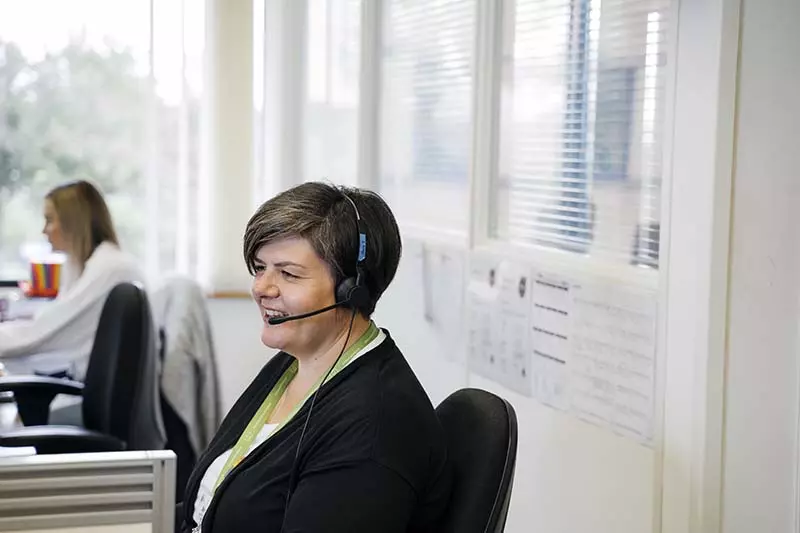
If you need a translator
If English is not your first language, and you have a family member, friend or colleague who can speak English they can call us on your behalf.
At time of booking, we can then arrange to have interpreters who can speak with you by phone or help you during your consultation at the clinic.
If you are calling on behalf of someone else, we may ask you for:
- Your name
- Your relationship to the person that you’re calling on behalf of
You can see the information provided on our website in other languages via the Google translate feature in the top left-hand corner of this website (if you are browsing from desktop) or in the menu which you can see by clicking on the top-right corner of your screen (if you are browsing from mobile)
Your right to confidentiality
If you call us for advice, you don’t have to tell us who you are, and we won’t call you back unless you want us to.
We will not disclose information to your GP or contact them without your permission, other than when needed for emergency medical care or safeguarding concerns. All clinical professionals are bound by the code of confidentiality and data protection laws.
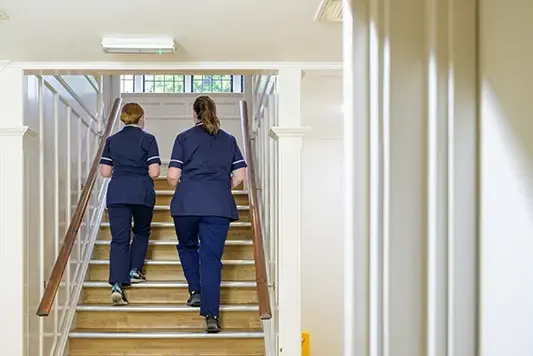
Our commitment to protect your privacy
All abortion care providers must send some information to the Department of Health. The information is sent on a form called an HSA4 form. This form is part of the legal abortion care regulations in the UK. We send the forms to the government’s Chief Medical Officer, and they use this information in their abortion care statistics. The information that we send does not include names, but it does include other information such as:
– Client reference number
– Date of birth
– Postcode
– Ethnicity
– Marital status
– Treatment details
For more details about the information we collect and hold about you, how we look after it and who we might share it with, you can
Learn more about abortion
Visit the pages below to learn what to expect when accessing abortion care, find abortion help and advice, and read answers to abortion FAQs.
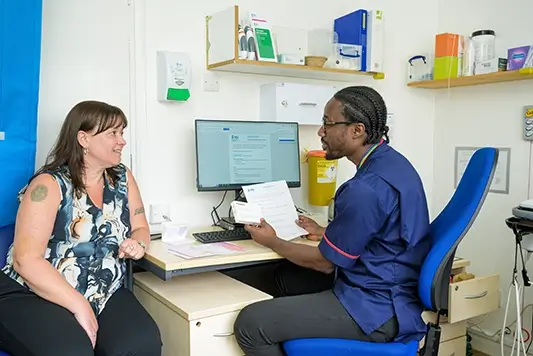
What to expect
Learn more about what to expect when accessing abortion care with MSI UK.
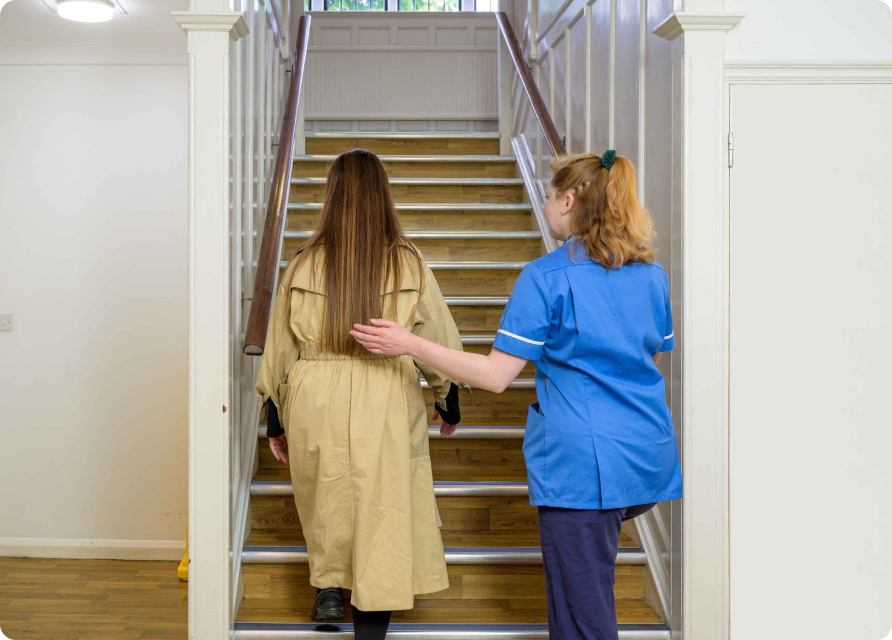
Help and advice
We are here to support you. Learn how and where to find abortion help and advice.
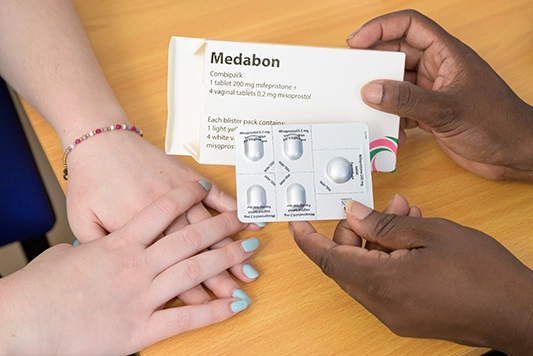
Abortion FAQs
Read answers to commonly asked questions about abortion.








































